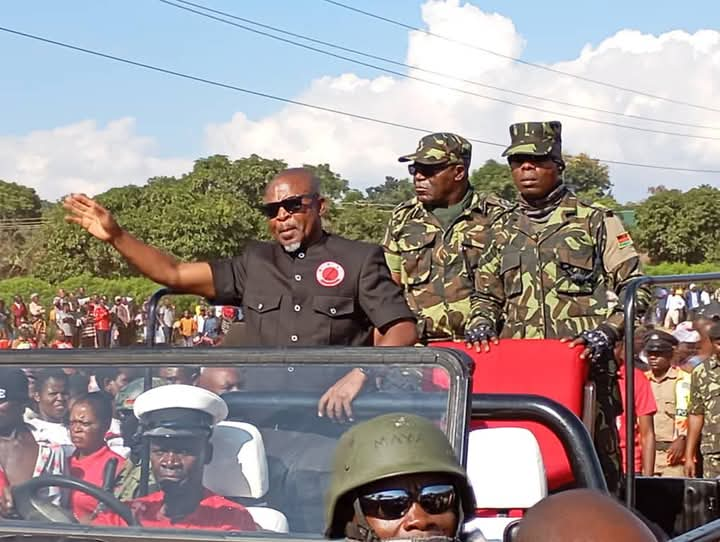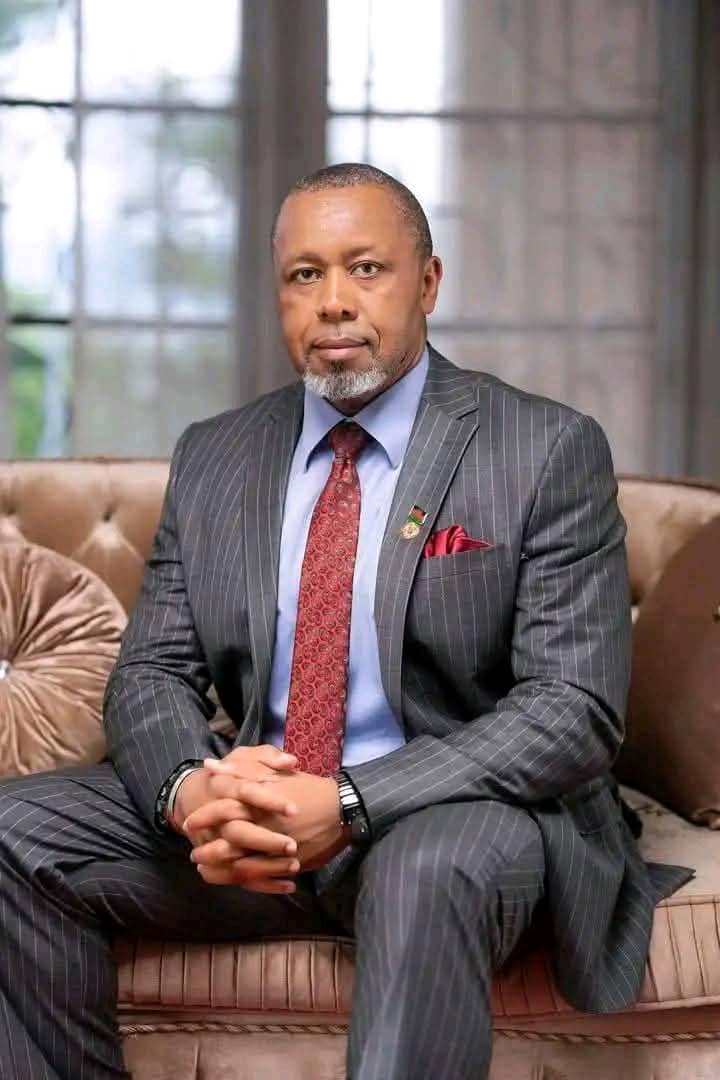By staff reporter
Prominent political activist Comrade Sawyer Owen Kanyumba has publicly endorsed recent concerns raised by political analyst Burnett Munthali regarding the Malawi Communications Regulatory Authority (MACRA)’s controversial plans to purchase a surveillance machine. Kanyumba, in a strongly worded statement, expressed deep apprehension over the implications of such a move, warning that it could lead to an erosion of fundamental freedoms, particularly the right to privacy and freedom of expression.
Kanyumba praised Munthali’s speech on the matter, describing it as “well-articulated” and aligning himself with the argument that surveillance technology could be used as a tool of oppression rather than security. “Indeed, according to our constitution, the right to privacy is a fundamental freedom,” he emphasized, reminding Malawians that their country is not a military state and should not operate as one.
He further warned that such surveillance mechanisms would pose a significant threat to journalists and activists, making them prime targets for state suppression. “This surveillance would hurt and put the lives of people—especially you, the journalists and activists—at great risk. Once you have been silenced, we will be starved of important information,” he cautioned. Kanyumba argued that an unchecked surveillance system could pave the way for a more repressive Malawi Congress Party (MCP) government, which, according to him, might gradually suppress citizens’ rights and create a culture of fear.
One of the most alarming aspects of Kanyumba’s remarks was his suggestion that journalists and activists could be “eliminated” either through financial coercion or more extreme means. “A lot of journalists and activists will be eliminated through buying them or even killing them,” he alleged, painting a grim picture of the potential consequences of MACRA’s surveillance project. His remarks reflect a growing concern among civil society groups, media professionals, and opposition voices who view this development as a direct attack on democratic principles.
Kanyumba also expressed his readiness to take to the streets in protest against the proposed surveillance system. He called for mass demonstrations, arguing that Malawi’s media space should not be monopolized by the state-controlled Malawi Broadcasting Corporation (MBC). “We will join you in the streets to demonstrate so that not only MBC will be free to beam news,” he vowed, signaling a potential wave of resistance from civil society.
The activist concluded his statement with a rallying cry for the preservation of democratic values. “Long Live Freedom! Long Live Malawi! Long Live Freedom of Speech!” he declared, underscoring his unwavering commitment to defending civil liberties.
As discussions around MACRA’s surveillance plans intensify, public pressure on the government to reconsider its stance is mounting. Many Malawians are now questioning whether the move is genuinely aimed at enhancing national security or if it is part of a broader effort to stifle dissent. With vocal opposition figures like Kanyumba and Munthali raising the alarm, the coming weeks could see increased debate—and possibly mass action—against what critics see as a dangerous step toward authoritarian governance.




